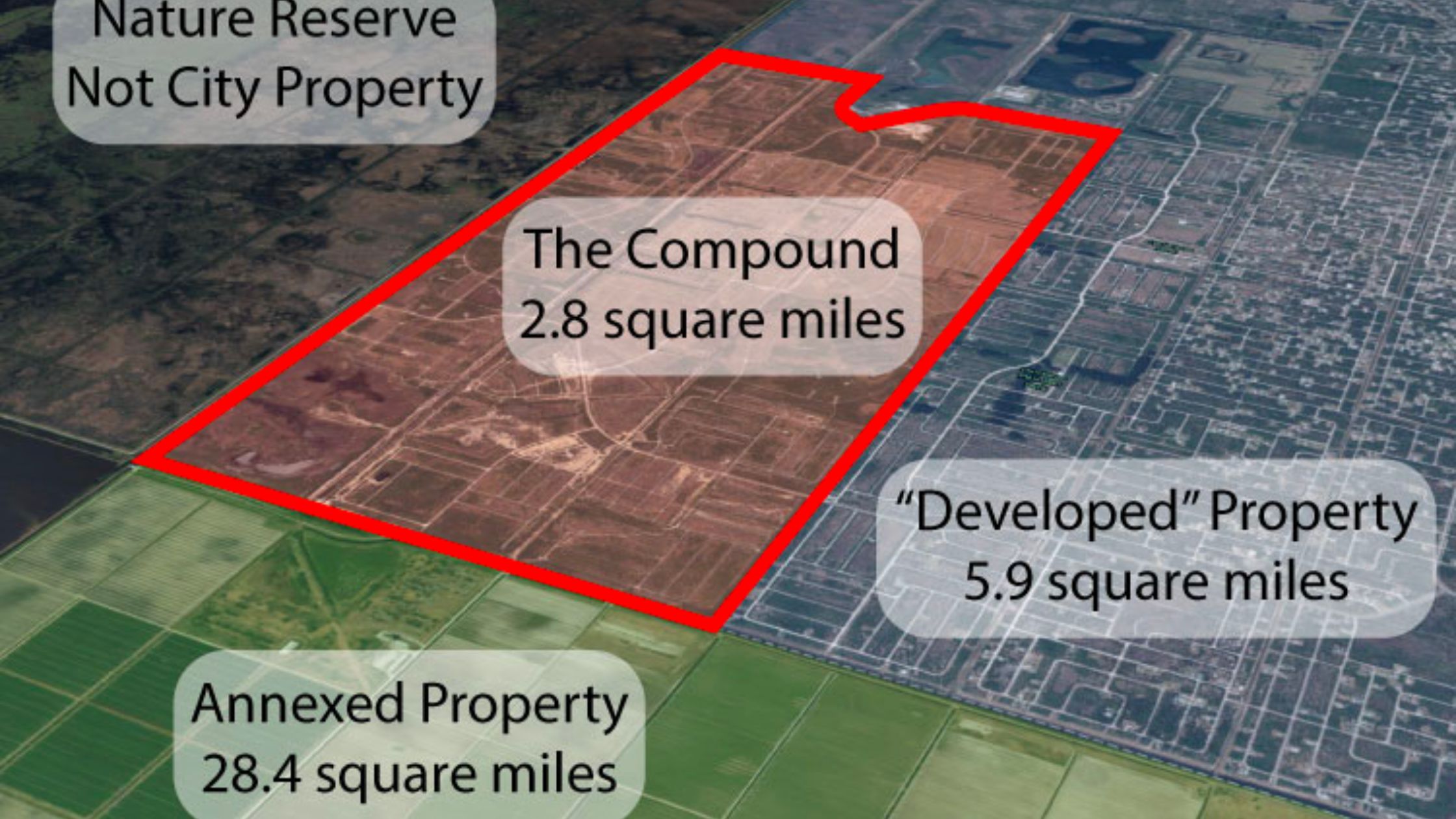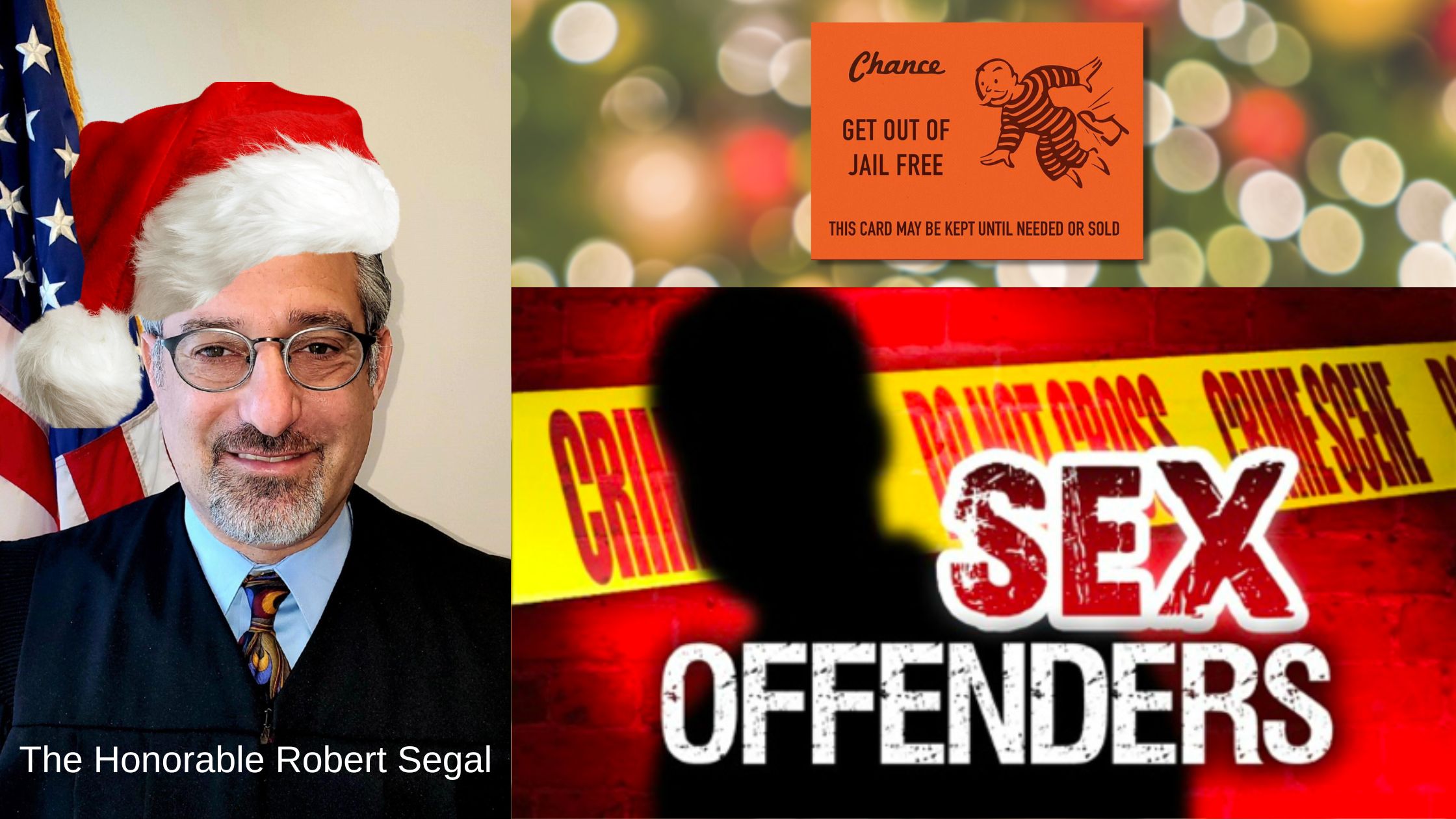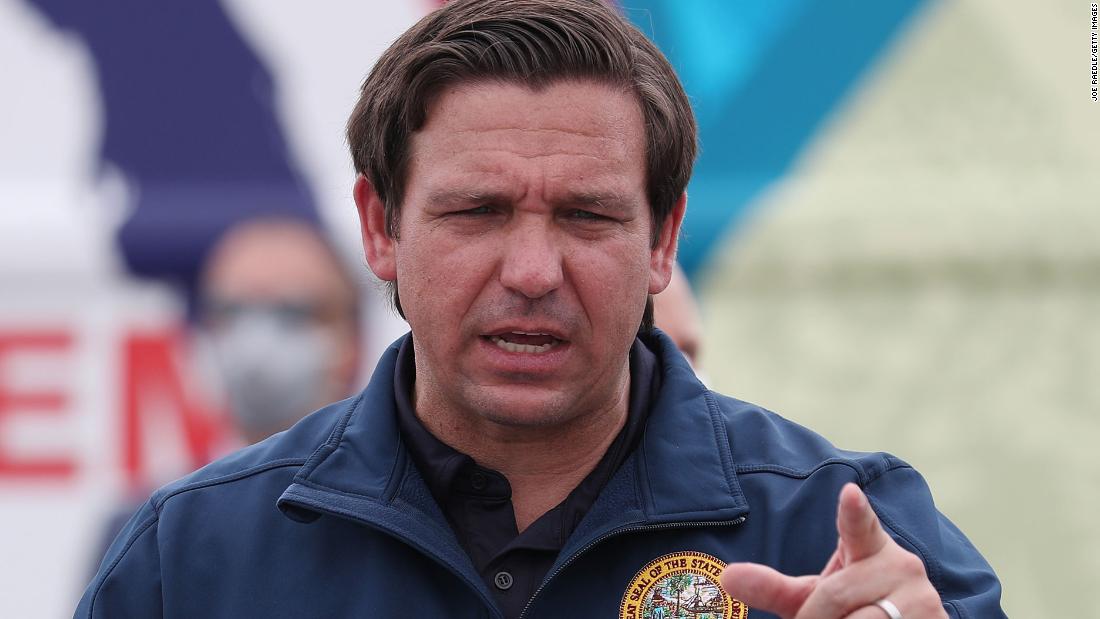Florida’s education landscape continues to be marred by controversial decisions as it now enforces what critics are calling an effective ban on a second Advanced Placement course. The state’s stringent new standards have led to the prohibition of a psychology class that dares to explore discussions of gender and sexual orientation, leaving educators and students grappling with the implications.
In a disconcerting move earlier this year, Florida shut the door on the opportunity for schools to offer the AP African American Studies course. Now, the state is going a step further by curtailing districts from providing a psychology class that has been a staple for thirty years, educating countless students annually.

Educational authorities in Florida have informed school superintendents that the psychology class can continue, but only if any content related to sexual orientation and gender identity is expunged. This leaves districts with the challenging dilemma of either adhering to this directive or attempting to navigate an altered version of the course.
Responding to this directive, the College Board, which oversees the AP program, emphasized that stripping these topics from the curriculum would render the class noncompliant with collegiate requirements, thereby depriving it of the “Advanced Placement” label. They even went a step further, advising Florida districts against offering AP Psychology until the decision is reversed, asserting the importance of allowing parents and students to choose a comprehensive educational path.
The timing of this state guidance couldn’t be worse, coming just a week before the commencement of classes across Florida. Consequently, districts are now faced with the unenviable task of deciding whether to conform to the College Board’s stance, risking legal violations, or scrambling to devise alternative solutions. With a substantial 562 schools in Florida offering AP Psychology, the impact is significant.
The predicament faced by school leaders is deeply unsettling. The possibility of disrupting the education of thousands of students who have already enrolled in the course and hiring teachers based on the existing curriculum is a matter of serious concern, as highlighted by William J. Montford III, CEO of the Florida Association of District School Superintendents.
Although Montford’s organization advocates adhering to the law and refraining from teaching prohibited subjects, it refrains from taking a stance on whether schools should alter or replace the course. The complexity of the situation is further compounded by the fact that the state education department has not provided immediate commentary on the matter.
The AP Psychology course, which delves into the influence of sex and gender on various aspects of development, has been a mainstay since its inception in 1993. The recent directive is just one instance of a broader trend in the ongoing battle over the portrayal and discussion of sexual orientation and gender identity in educational settings.
The orchestrator of these divisive decisions is Florida’s Governor Ron DeSantis, a prominent Republican presidential candidate, who has been at the forefront of these efforts. This latest move stems from the controversially titled “Parental Rights in Education Act,” an initiative that has sparked intense debates and criticisms.
Interestingly, alternatives to the AP program, such as the International Baccalaureate and Cambridge International, have already developed psychology courses that align with Florida’s standards. Their approach permits districts to selectively incorporate lessons, granting them a degree of flexibility that seems to be lacking in the state’s current approach.
This situation, however, raises concerns among experts, such as the American Psychological Association, which argues that discussions of gender and sexuality are integral to a comprehensive psychology curriculum. The association emphasizes that these topics should be treated as standalone units and are essential components of a holistic education.
Earlier this year, Florida’s education department reached out to the College Board, seeking confirmation of compliance with the new restrictions on teaching gender identity and sexual orientation. Despite these requests, the College Board stood firm, asserting that these topics are crucial and irreplaceable elements of the course.
This isn’t the first encounter between DeSantis’s education department and the College Board. A prior clash involved the rejection of a pilot version of the AP African American Studies course, which Florida officials deemed lacking educational value. Despite subsequent modifications, the state’s unwavering stance reflects an insistence on its position.
As Florida students gear up for the new academic year, the clash between educational ideals and state directives looms large. The popularity of the AP Psychology course is undeniable, with thousands of students in Florida and across the nation taking the course exam annually. However, the ongoing tussle between state authorities and educational bodies raises pertinent questions about the future of comprehensive and inclusive education in Florida’s schools.




